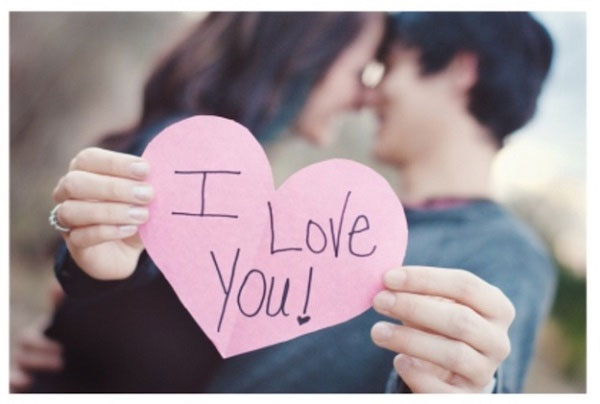In life, we often encounter people who fall in love just a few weeks after meeting, yet there are many cases where couples who have been together for months still struggle to develop deeper feelings. So, how long does it take to recognize the feelings that are developing and realize that you love someone?
How Long Does It Take to Fall in Love?
We all know that two people have a greater chance of falling in love when they have a frequent opportunity to interact. “A fire close to straw will eventually catch fire.” This proximity enhances the potential for forming and building romantic relationships. However, measuring the exact time required for these feelings to emerge is an extremely challenging question to answer. This is a rare area where even experts cannot agree on a definitive answer.

Measuring the exact time it takes to fall in love is an extremely difficult question.
While we can assess the level of love in couples or married partners over time, it is challenging to pinpoint the exact moment when these emotional ties first form. However, scientists have discovered that rapid romantic formation can create lifelong bonds, particularly in species like mice.
If you find yourself wondering why you can’t love as quickly as others, it may be time to give yourself a break. It’s not that you can’t have intense feelings for someone; often, those strong emotions might just be initial desires and not true love. Therefore, when determining how long it takes for you to fall in love, you need to take ample time to understand your own feelings.
According to relationship therapist Aimee Hartstein: “While there is no exact answer, I find that the typical time for someone to fall in love is after 4 to 8 weeks. They may experience intense feelings at first glance, but it takes longer to develop a real relationship. Love is something more certain and enduring.”
Thus, the time it takes to fall in love varies for everyone and depends on many factors such as context, personality, environment, and catalysts. So if you take a little longer, there is nothing strange or unusual about it; you might just be keeping a clear head or simply not be with the right person. Below are some factors that influence the speed of falling in love, but of course, these will vary among different individuals.
Positive Thinkers Fall in Love Faster
Positive individuals tend to find it easier to connect with themselves and communicate with others. Yvonne Thomas, a psychologist in Los Angeles, states: “Positive thinking can enhance feelings for a partner for several reasons. First, if you generally think positively, you tend to look for and appreciate the good qualities of your partner more. Additionally, those who tend to think positively are usually more open and extroverted than those who are negative or neutral.”
Men Tend to Fall in Love Faster Than Women

The time it takes to fall in love varies for everyone and depends on many factors.
A study has shown that men tend to fall in love and express it faster than women: “Men are often considered less emotional and do not question their feelings as much as women do. Meanwhile, women frequently analyze their emotions and hesitate before saying ‘I love you.’ Therefore, a man may not truly love you, but he will easily say he loves you when his emotions are intense enough to trick his brain into believing he is in love. Men may fall in love faster, but whether that love lasts depends on the individual.”
You Can Practice to Fall in Love Faster
If you truly want to love, you can still train yourself to do so, as demonstrated by Arthur Aron’s 36-question experiment. In this experiment, two paired individuals ask each other personal questions over 45 minutes, concluding with staring into each other’s eyes. The result is that after six months, some couples ended up getting married. This method seems to be somewhat effective; the most important aspect is to share with a relaxed and sincere mindset.
According to Dr. Margaret Clark: “Once we accept revealing and sharing our imperfections with each other, if things continue to go well, we tend to be more open when expressing those flaws. Everyone enjoys the feeling of being understood and accepted.”




















































